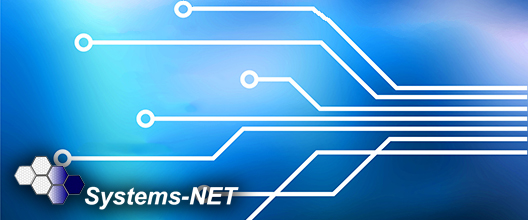Road Map

A systems engineering programme should lead to operational effectiveness taking into account the factoring of processes, principles, tools, and decision material.
The road map of natural systems is like a network of hubs connected at different angles and forming an extended mesh. However, when refering to engineering systems as a way to facilitate the development of projects the road map should include some basic concepts such as a parting point, scope and framework.
The inherent complexities associated with today’s products and services make their development, evaluation and eventual production more challenging than before. In order for Systems Engineering to deliver the necessary innovations it is important that the workplace is transformed by ensuring people in the organisation fully understand systems engineering and are appropriately skilled. A growing number of organisations are recognising the importance of re-skilling their workforce and will require their supply chains to be equally conversant with state of the art systems approaches. Small firms working on complex systems may be threatened in the future if they do not have the necessary systems skills and if the current generation of systems science is not translated.
At present systems methodologies are developing further however, the key barriers to systems engineering adoption by industry relate to the translation process. For systems engineering to translate into lower manufacturing costs and reduced delivery timescales, the ability to introduce systems thinking into an organisation is extremely important.
There are many types of systems engineering approaches however there is a common road map as follows:
- Initial outline or draft – Requirements definition
- Interaction – Refinement, corroboration and change of initial outline
- Architecture Development – Design of system and subsystems
- Validation and verification – Risk management and system integration
- System and program management – Life cycle support, deployment and post-deployment of system.
The knowledge and tools to follow this road map need to be translated from academic research to industry. There are many examples of systems which have deploy systems engineering approaches for example in large-scale systems where sophisticated products and services combine like the emergency response systems, the Internet, intelligent transport systems, and enterprise information networks.


